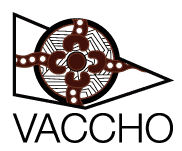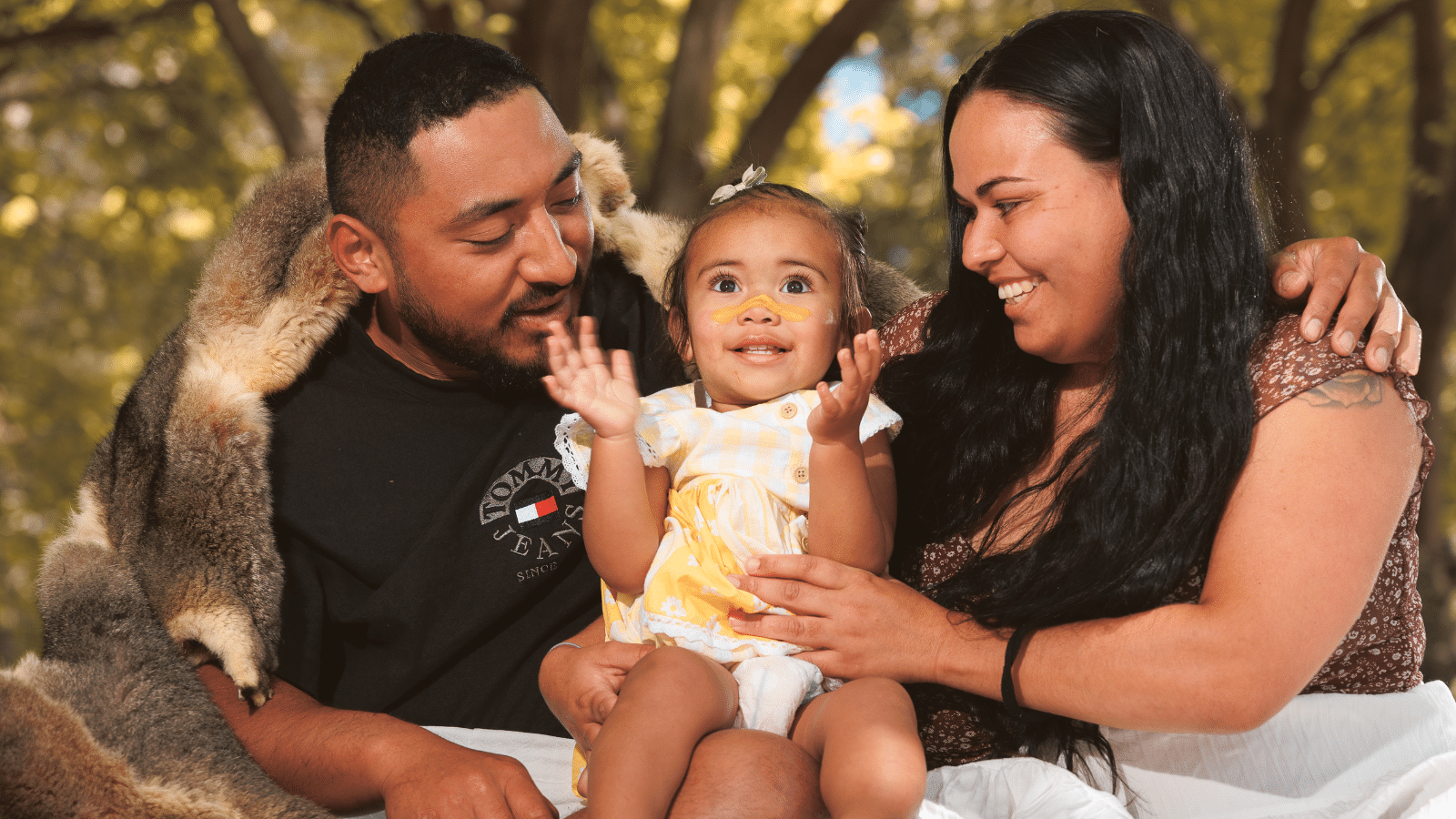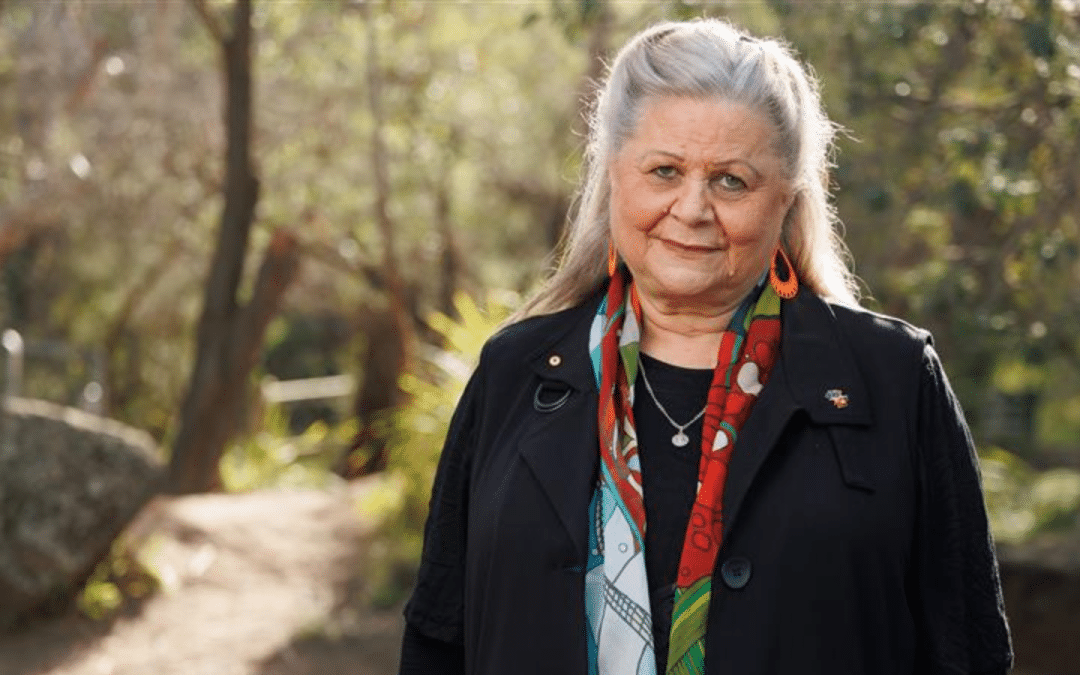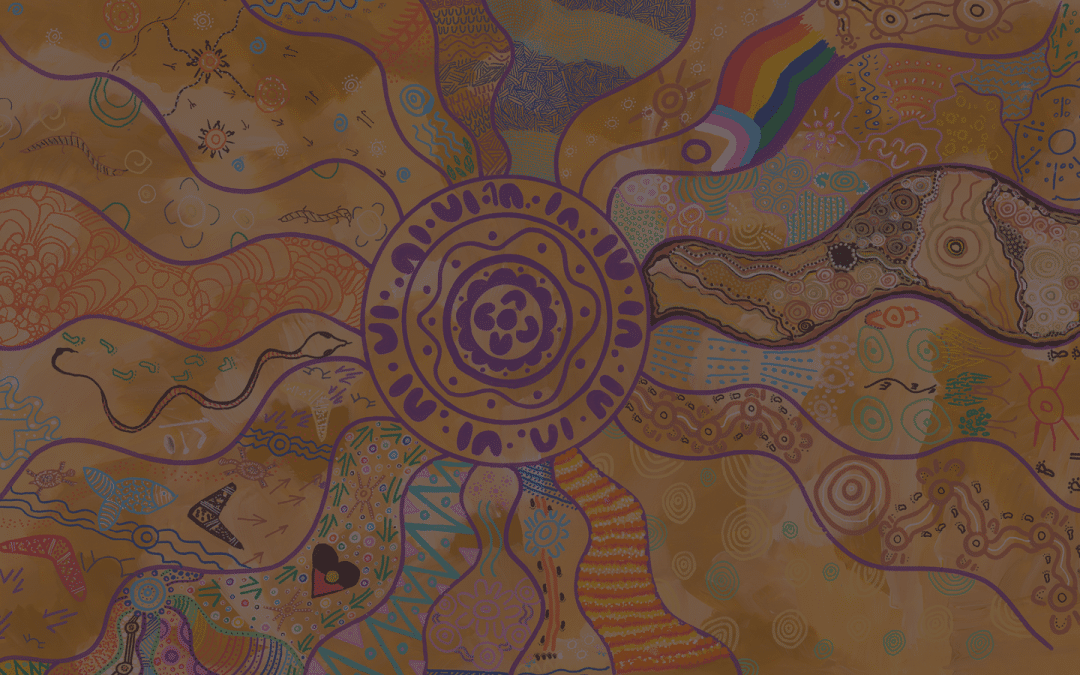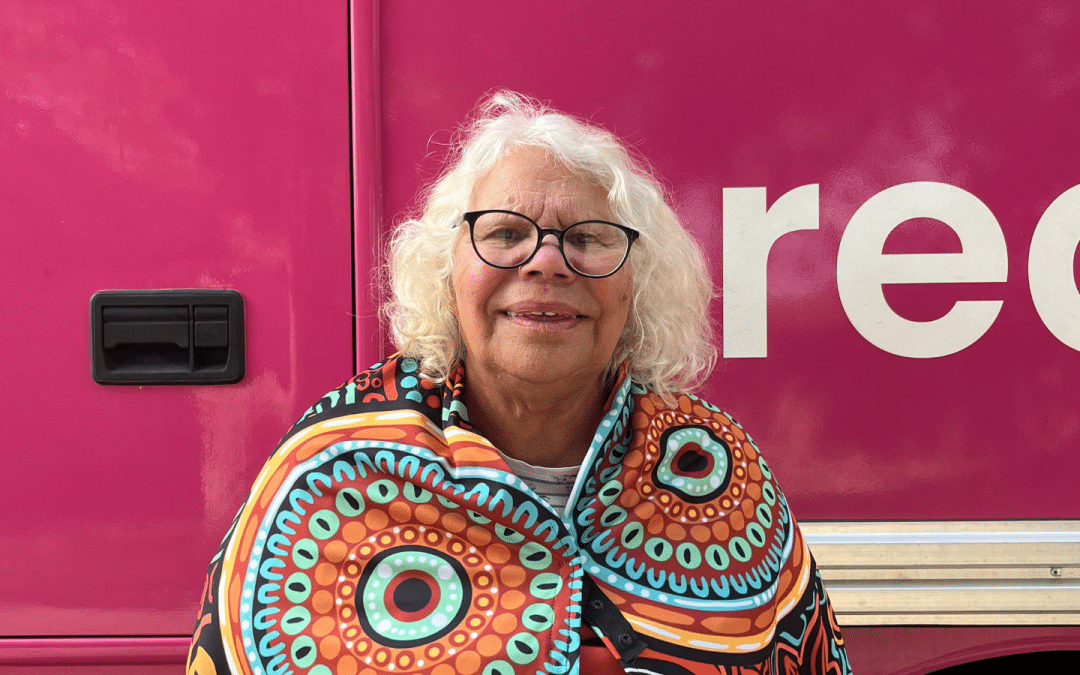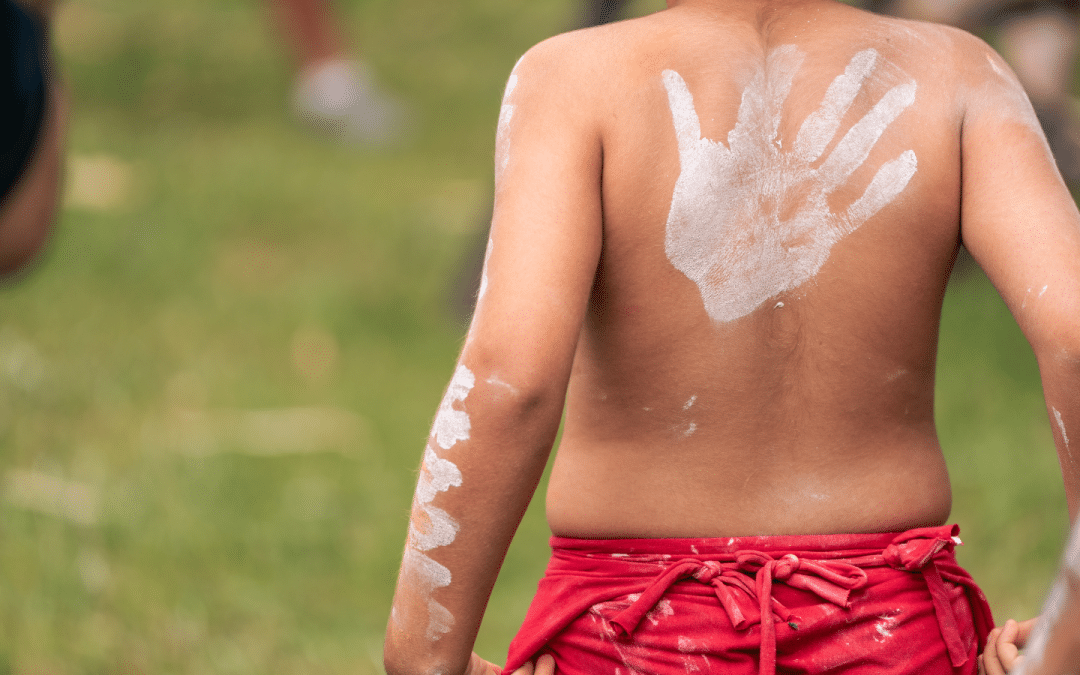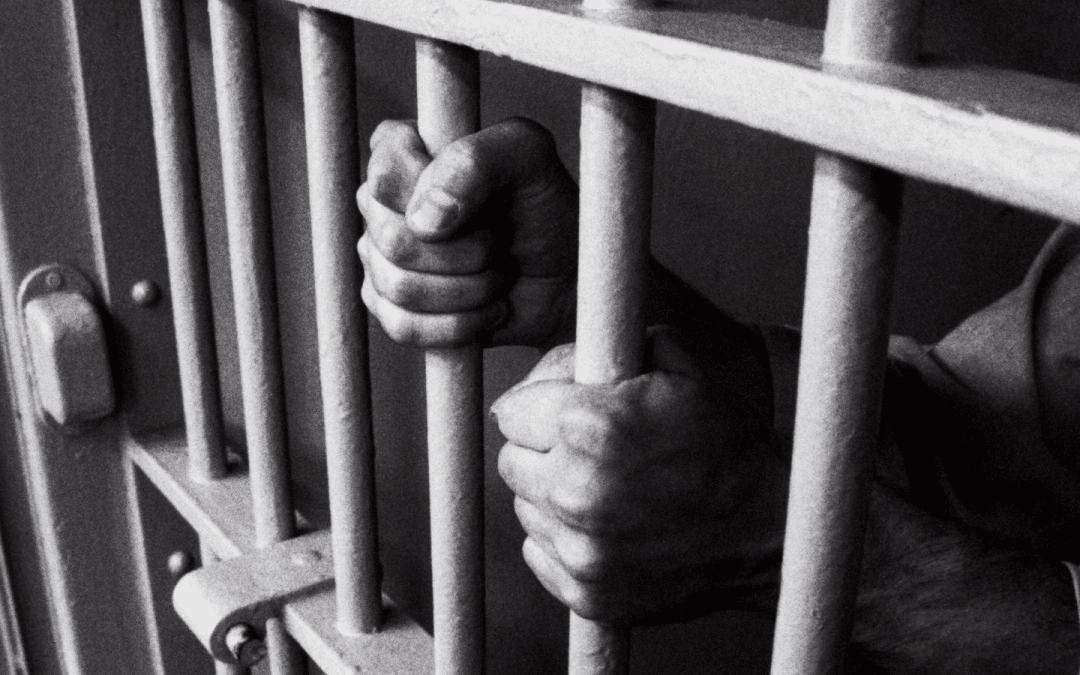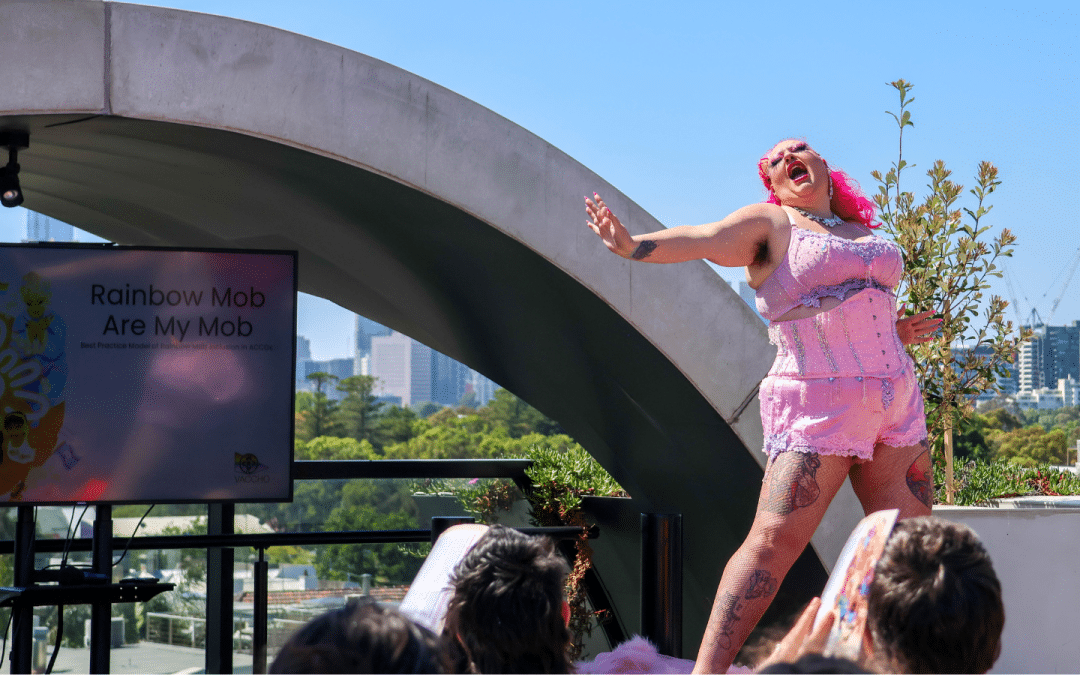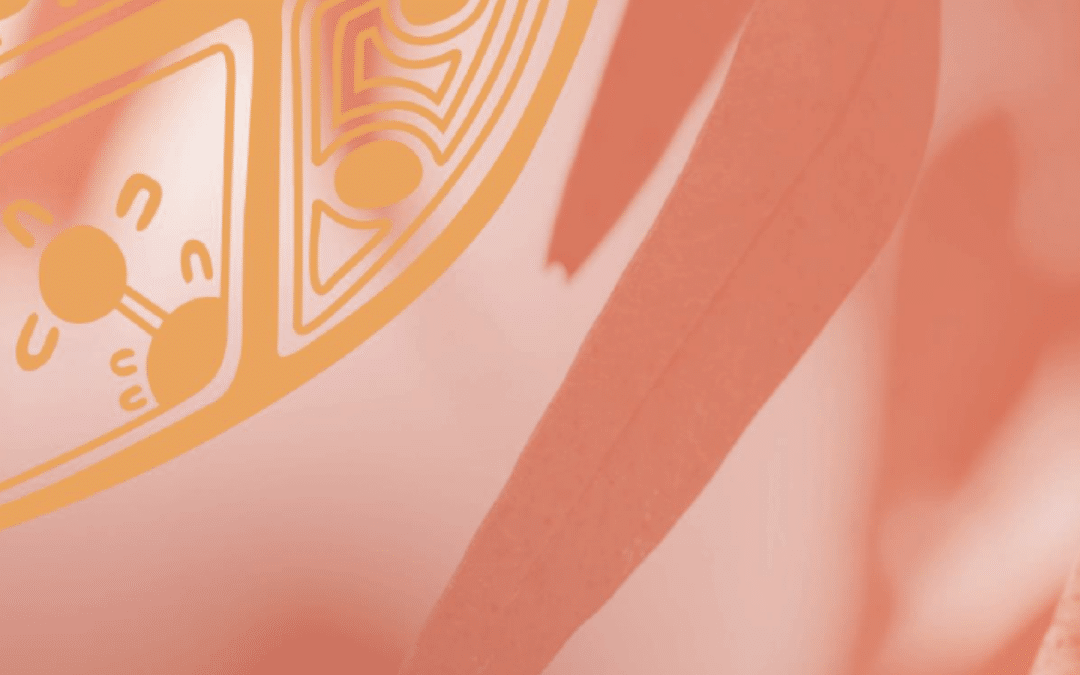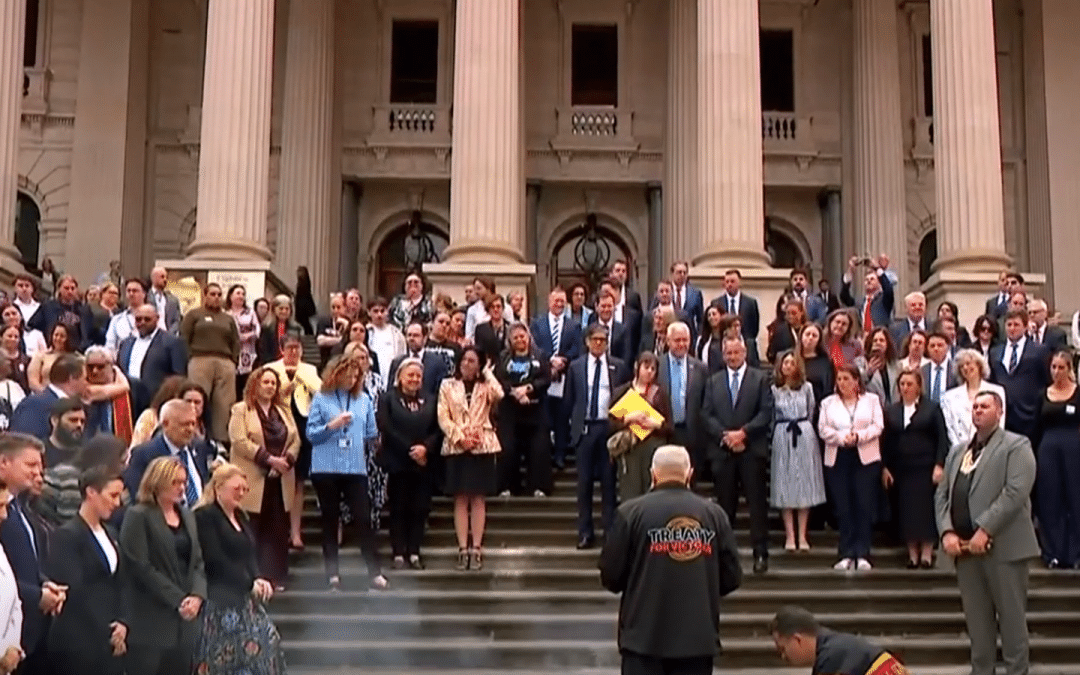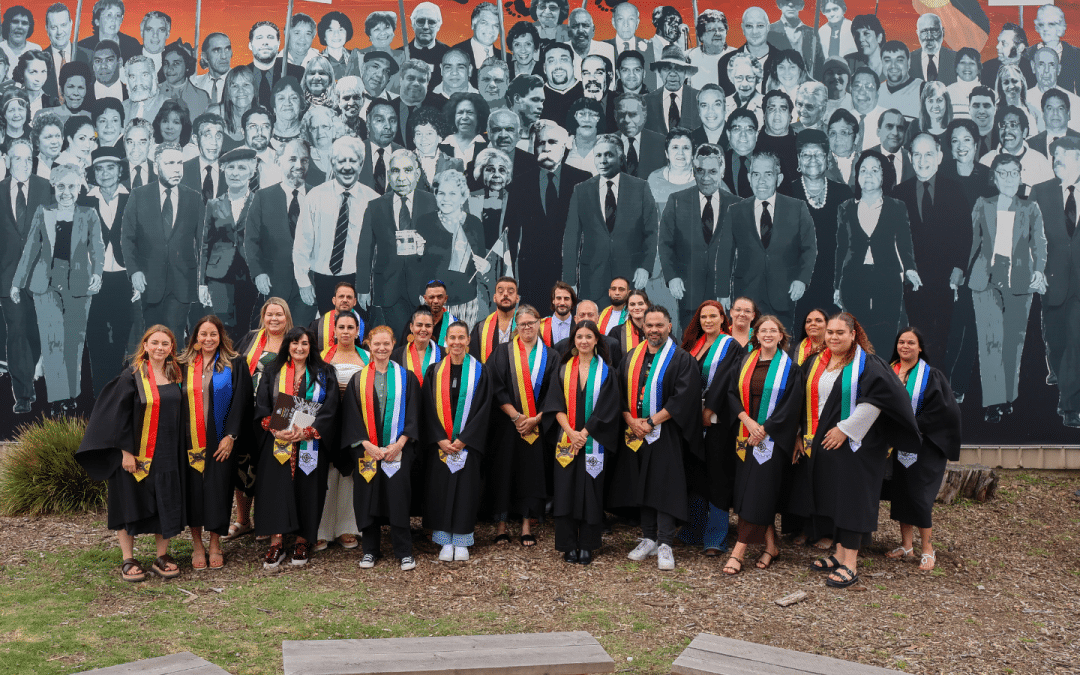Opinion by Sheree Lowe
Our children are our Elders of the future. Our future leaders. They are born with inherent rights and responsibilities to protect Country, songlines, languages, rituals and Kinship relationships. Understanding these elements of lore are not only essential for the continuation of our nations but are essential to our sense of belonging and social and emotional wellbeing.
Today on National Aboriginal and Torres Strait Islander Children’s Day I reflect that in Victoria we are close to embarking on this country’s first Treaty. A profound opportunity to right the wrongs and set a new foundation that heals families and Communities from the acts of genocide towards our people.
I hope that what comes with the signing of this first Treaty is a new commitment and a path forward. An opportunity to address the disparity of health and wellbeing outcomes for our children and the families and Communities which they belong to.
The current situation is often referred to as complex, however the solutions to these challenges do not get the required resources that match the complexities. Often the resource approach is a one size fits all and does not consider the intergenerational trauma or cultural needs and are too often focused on the tertiary end of the system – waiting for a crisis to occur.
Unfortunately, in this state we see child removal occurring at an alarming rate. Victoria has the second-highest rate of over-representation of Aboriginal and Torres Strait Islander children in care across Australia. All children in care face greater risks of poor health, chronic disease, mental health challenges, and developmental delays that last a lifetime.
Shockingly, less than one per cent of Victorian Aboriginal and Torres Strait Islander children in care receive the essential health and wellbeing checks they need at entry to care and missing out on the early, wrap-around supports and services that support healthy development.
Every Aboriginal child has a right to thrive.
While many Aboriginal children and families are thriving, there are still too many facing poorer health and wellbeing outcomes, barriers to culturally safe and responsive services and care, and the risk of being removed from family. These are not new challenges, but they demand new commitment, real partnership with Community, and serious investment in solutions that work.
All too often, our service system only responds when families are already in crisis. We see parents reaching out for help while coping with grief, financial stress, or mental health challenges, only to find there’s no support until things get much worse. These families don’t want to fall apart -they want to stay strong for their kids. But without the right help at the right time, they’re left to navigate it alone until they hit breaking point.
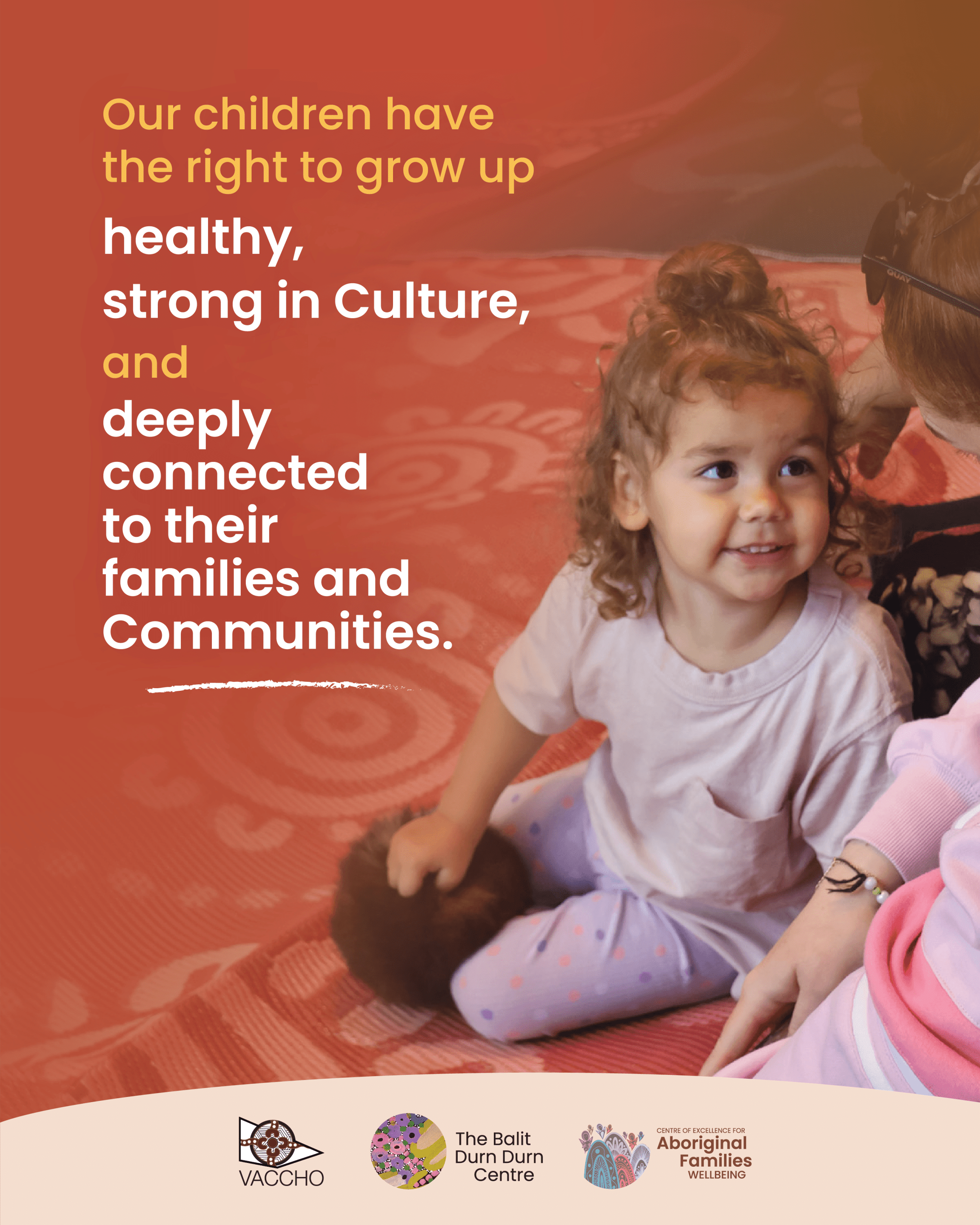
Our Communities have long called for a different approach – one that is designed by us and works for us. My team at The Balit Durn Durn Centre have been working alongside Aboriginal communities to develop solutions that are specifically designed to address the needs of children and families.
Three examples that showcase Aboriginal-led solutions that meet the cultural and health and wellbeing needs of children and families are the Nest, Pathways to Good Health and the Centre for Aboriginal Families Wellbeing.
The Royal Commission into Victoria’s Mental Health System recognised the need for different service system in Recommendation 33.4, calling for the co-design of The Nest: an intensive, culturally safe social and emotional wellbeing service for Aboriginal children and their families.
The Nest is about stepping in early before crisis hits – and walking alongside children and families, strengthening wellbeing, connection, and cultural identity so our children can grow up strong.
But this Royal Commission recommendation remains unfunded. If governments are serious about change, they must invest in Aboriginal-led, evidence-informed solutions like The Nest that break the cycle of crisis and keep families together.
Alongside prevention, we must respond better to children already in the out-of-home care system. The Pathways to Good Health initiative responds directly to these needs, providing culturally safe health and wellbeing assessments and care planning for Aboriginal children in out-of-home care.
It is an important step toward addressing the specific challenges these children face, but it needs long-term funding and system-level commitment to make a real difference.
VACCHO’s Centre of Excellence for Aboriginal Families Wellbeing is dedicated to prevention, early intervention, advancing and building strong families. This includes the rights and social and emotional wellbeing of Aboriginal and Torres Strait Islander families across Victoria.
We celebrate Aboriginal families’ enduring strength, resilience and cultural richness by honouring Aboriginal models of parenting and child-rearing. These practices have kept families safe and strong for 65,000 years – and our work seeks to continue this legacy.
Our work centres on Aboriginal families – not just children, acknowledging that Aboriginal families extend beyond the immediate nuclear unit to include extended family, clan and Kinship networks and the broader Community. Therefore, we need to provide wrap-around services for the whole family before our children are taken away.
As the Yoorrook Justice Commission has highlighted, keeping Aboriginal children safe and connected to family, culture, and Country requires fundamental reform. Truth-telling must be matched with real structural change, including much greater investment in Aboriginal-led solutions designed with and for our Communities.
Our children have the right to grow up healthy, strong in culture, and deeply connected to their families and Communities. So, this Aboriginal Children’s Day, let’s do more than celebrate. Let’s commit to the actions that will keep our children safe, well, and proud for generations to come.
Sheree Lowe is a proud Gunditjmara, Peek Whurrong, Djab Whurrung, Kirrae Whurrung and the Executive Director of Social and Emotional Wellbeing at The Balit Durn Durn Centre and the Centre of Excellence for Aboriginal Families Wellbeing at VACCHO. Sheree also proudly serves at the Member for the South West Region in the First Peoples’ Assembly of Victoria. Most importantly, she is a mother to two wonderful children and a grandmother to two beautiful little ones who inspire her every day.
